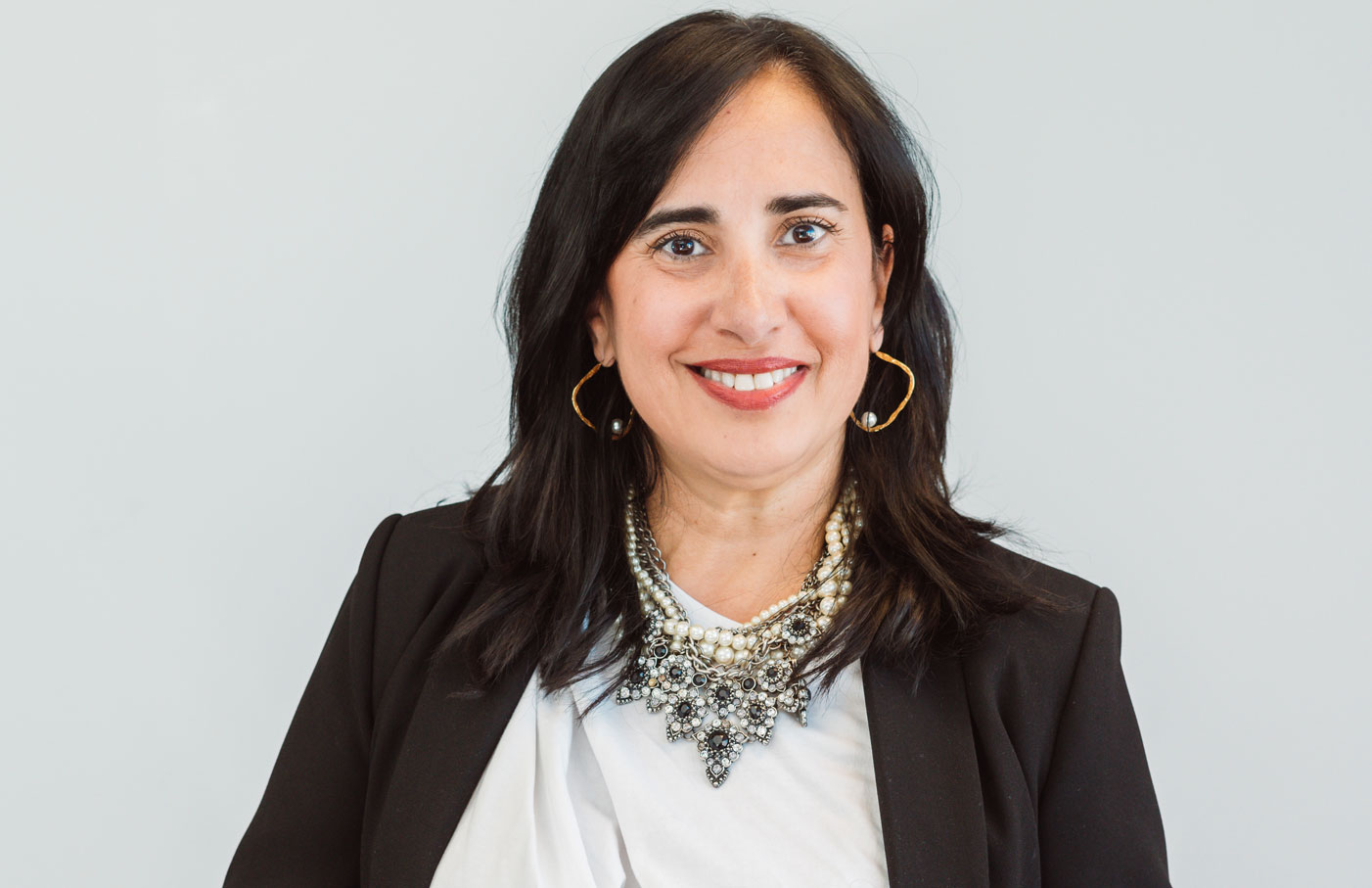Three precautions to avoid delays in naturalization by the Sephardic route

The process of Portuguese naturalization by the Sephardic way, depending on the care with the presented documentation, it can be more or less agile. This is because inconsistencies can generate pending issues in Israeli Community of Lisbon (CIL) and Israeli Community of Porto (CIP) and the need for corrections and a new request for evaluation in these communities.
With that in mind, we indicate three precautions that must be taken when organizing the documents that prove your Sephardic ancestry.
1. The Family Search it's good, but it's not 100%
The website, which contains records kept by the Church of Jesus Christ of Latter-day Saints, contains ecclesiastical archives with transcribed passages, such as family trees and data from millions of people who lived around the world.
Pros: the large volume of information and the intuitive way in which they are exposed makes genealogical research much easier. To get an idea, after registering your family tree, the site offers suggestions from other people already registered who may be part of your family. It is also common for the site to suggest other documents that include the names of members of your family.
Cons: the problem is that the records of the trees and the people who make them up can be changed by users. In this way, malicious or misguided users can modify records according to their interests, affecting the reliability of the data.
How to avoid: It is always good to base your information not only on the trees registered on the site, but on primary documents, such as birth, marriage and death records, as well as reliable bibliographic sources, which brings us to the second point.
2. Not always what is in a book is true
Books on the genealogy and history of families and localities are essential for those who need to prove their Sephardic ancestry. Many of them are mandatory works of reference for researchers in the field, such as Nobiliarchia Pernambucana, by Borges da Fonseca.
Pros: to prepare their works, authors must take care to base their conclusions on primary sources. Thus, when referring family members, for example, they had to do careful research on documents, testimonies and often took years to complete this work.
Cons: just as there are zealous and ethical researchers, there may be those who intend to manipulate data according to their interests, or simply who have not followed a reliable methodology in dealing with sources. In addition, even the most dedicated professionals can make mistakes in interpretation, such as confusing names and dates.
How to avoid: whenever possible, it is important to associate bibliographic sources with documentary sources. In addition, when using a particular book as a source, check which sources the author used for his conclusions and, if possible, compare with other authors.
3. Beware of data recorded in documents
It is often necessary to request a duplicate of death, marriage or birth certificates at notary offices, which have records since the 19th century.
Pros: many Brazilian registries already have the digitized collection, and even those that have not yet modernized, have professionals who are familiar with researching notary books and can locate the requested documents with relative agility.
Against: often, the overcrowding in the registry offices and the great demand for services, as well as the lack of sufficient staff to attend to, delay searches. In addition, any carelessness when filling in the duplicates of the requested documents or the scanning quality can lead to more delays.
How to avoid: therefore, there is some information that should be highlighted when requesting and receiving these documents: the full names of the people in the document, the dates and places. It is good to make it clear that when requesting death certificates, birth and marriage certificates, you need the names of all people registered in the notary book, without abbreviations and with careful spelling. If the document is still delivered in error, you can request a check on the original book and the replacement of the incorrect data.
By following these guidelines, you are ensuring more security and confidence in your genealogical search. Consequently, the time to obtain your Portuguese document will not exceed the average of 2 years - some people can do it in less time. Good research!
Find out if you are a Sephardic Jew descent
You can find out if you have Sephardic ancestry. To do this, you just have to correctly answer all the fields on our pre-analysis form. There are no costs associated with completing the form.

"Because of a controversy, they are changing a historical reparation," says Isabel Comte.
The proposed changes to the Nationality Law in Portugal remain at the center of public debate, even after the decision […]

"The Constitutional Court gave time, it didn't change the law," says a lawyer from Martins Castro.
The recent decision by the Portuguese Constitutional Court, which blocked key parts of the government's proposal to tighten access […]

Nationality for minor children: why is the process usually simpler?
Among the various pathways provided for in the Portuguese Nationality Law, transmission to minor children is usually perceived as a […]